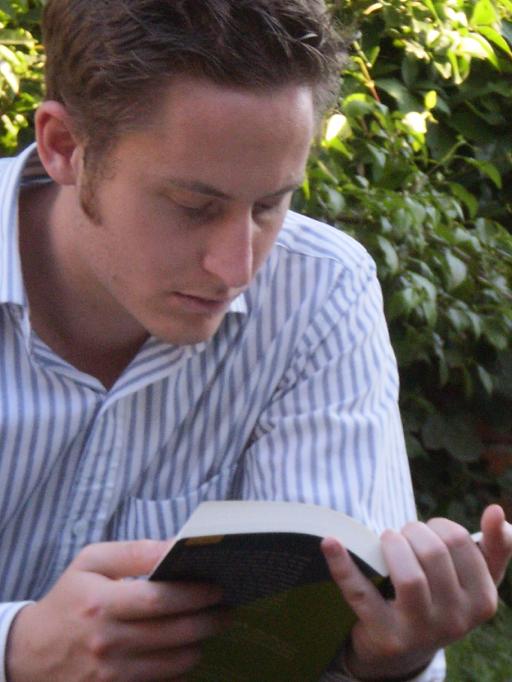
Recently Rated:
Stats
Work interests:
Affiliation/website:
Preferred contact method: Reply to post in blog/forum/group
Preferred contact language(s):
Contact:
Favourite publications:
Founding Member
Work: Technical and creative writing (in English),editing, proofreading.
Why this website exists -- a personal take on 'scientific community'
[Academia has always been a strange mix of altruistic impulses and personal ambition. The love of knowledge itself is usually considered a good thing, because it spurs investigation and creates new knowledge that is (ideally) made available to all. Thus the pride of the researcher is forgiven. ]
---------------------------------------
Researchers know that the work they do is utterly dependent on the foundations laid by predecessors over centuries, and vitally enriched by the work of contemporaries. This sense of perspective and gratitude at benefiting from the work of the others are the reason the phrase scientific community rings true. Researchers are aware of the work of others in their field, they make use of it, and they desire to share their own results both as a matter of personal pride and in the hope that they will thereby help others. It is a happy coincidence that in the natural scheme of things their work can be both selfish (in the sense of fulfilling personal curiosity) and altruistic.
However, some aspects of actually existing institutions can subvert this pleasant state of affairs. The single-minded logic of the market has been forcibly extended into the realm of academia, largely against the wishes of academics themselves. Limited funding sources (extremely limited in many parts of the world) mean researchers are forced to compete for the privilege of working, with their success dependent on finding a foothold in a hierarchy which is an unstable blend of older academic prejudices and newer ones created by the application of *free-market logic to institutions of learning. The institutions that provide money for research have funding and hiring formulas based on publication in prestigious journals journals whose prestige was won over decades publishing the work of researchers who didnt have to worry about funding formulas based on references in prestigious journals. When publication is seen as an end in itself, an enterprise that began as the most convenient way of sharing knowledge has become a toxic distraction and obstacle to sharing knowledge.
This has become clear to many people, hence the growing popularity of open-access journals, but there is still uncertainty about how to replace the existing model with better alternatives. Technological progress should mean that sharing information and talents with colleagues anywhere is easy; somehow, this is not the case. The financial uncertainty that many researchers live with, the anti-scientific sense of competition (of science as, ridiculously, a zero-sum game) deliberately fostered by bureaucrats, and the fear of wasting limited time on unworthy work these things conspire against the sense of community and mutual aid that should be possible if we really share the goal of expanding the sum total of human knowledge. Such a project, if we took it seriously, would be massively inclusive, while the present state of affairs sees a small subgroup of people fighting for the possibility of competing over an even smaller space in which to be heard.
Let us acknowledge that attention itself is a cost. This has become more obvious to everyone with the rise of instantly accessible media, to the point where access to eyeballs has become a monetisable commodity. To pay attention to someones work is to do them a favour, particularly if you are a senior lecturer and already have a formal obligation to pay attention to the work of dozens of students. The favour, though, can go both ways, and this should be remembered if you are to avoid becoming selfish, insular, and academic in the sense in which the word is sometimes used as an insult. You never know what small treasures might be waiting for you in someone elses work, and making the effort to understand someone elses paper ultimately, someone elses months or years of effort is a fine sacrifice to the higher gods of knowledge.

Dear Sam,
Thanks for this. Can make a printed copy of this for me? I'd like to make some offline comments.
Cheers, Peter